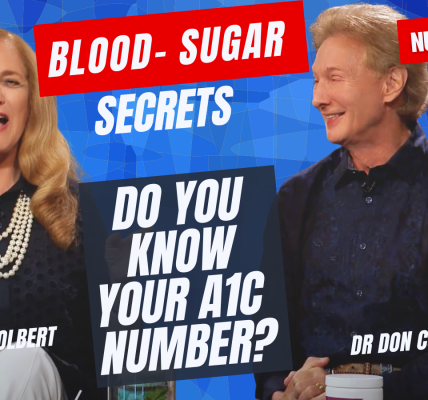Thanks to her research on telomeres (a tiny part of your cellular machinery) Elizabeth Blackburn, PhD, unlocked a hugely important clue to human health, earned a 2009 Nobel Prize, and continues to hold the medical world’s attention with her breakthrough, ongoing work. Telomeres are the protective caps on the ends of your threadlike chromosomes (similar to the plastic tips on shoelaces) that keep your genetic material safe from damage. But, every time a cell divides, as your immune and skin cells regularly do, the telomeres tend to get a little shorter – which makes them an excellent indicator of cellular aging. Basically, when your telomeres get too short, your DNA become damaged, and your cells stop working properly.
Recently, Blackburn and one of her colleagues discovered an enzyme that replenishes and repairs frayed telomeres – which keeps your cells working properly, protects your DNA, and thereby helps you stay healthier as you age.
This enzyme, called telomerase, slows the rate at which telomeres degrade and become shorter. Research indicates that people with longer telomeres have less risk of developing the common illnesses of aging – like heart disease, diabetes and cancer – which are the three big killers today.
But telomerase is a double-edged sword because it has the potential to fuel the growth of any cancer cells already lurking in your body. This is why you simply can’t increase your body’s level of telomerase. So, instead, this finding has led Blackburn to study the habits of people who naturally have longer telomeres – to learn if there are lifestyle factors that will boost your telomerase naturally.
Thus far, Blackburn has learned that a diet high in omega-3 fatty acids is one of the clearest characteristics of someone with longer telomeres. And, her research consistently shows that exercise is another key factor; however, it has to be enough exercise to make you break a sweat. Blackburn says, “Exercise mitigates the effects of stress – and stress, we
know, shortens telomeres. In fact, early studies indicate that stress reduction techniques like meditation help people maintain the length oftheir telomeres. The studies are small, but they all point in the same direction.”
Sources:
http://learn.genetics.utah.edu/content/begin/traits/telomeres/
http://physrev.physiology.org/content/88/2/557.full
http://www.sciencedaily.com/releases/2012/11/121121130933.htm
http://www.ucsf.edu/news/2011/02/9431/aging-telomeres-linked-chronic-disease-and-health















THANKS!
At 45 yrs old, I just feel like I’m slowing down & my eyes are deffinatly getting worse. Should I start taking low amounts of DHEA? Thanks James
What are the foods that contain omega 3-fatty acids? Is there a replacement in the form of vitamins? Thank you for the information, I had heard something to this effect but without the part diet played in it specifically.
i do understand why God don’t want us to worry, but to trust him completely.